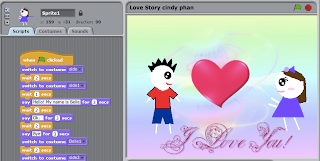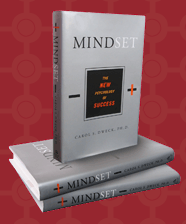Why girls should learn computer programming

Lately, I have made a case for programming in the curriculum and my colleague, Sarah Macdonald, wrote about using Scratch to help students "understand their own problems, make mistakes and explore alternatives" . This post is a manifesto for teaching girls in particular how to program. In it, I argue that this is an essential skill for girls to help make the future rather than see innovations as black magic which they may only consume. Samantha (Year 9) : "I have a friend who wrote a program that generates bibliographies for his school work." Me: "That's great. How would you like to learn to write your own programs?" Samantha: "No, Mr. Baroudi. That's what boys' schools are for!" Picture from: canstockphoto.com









